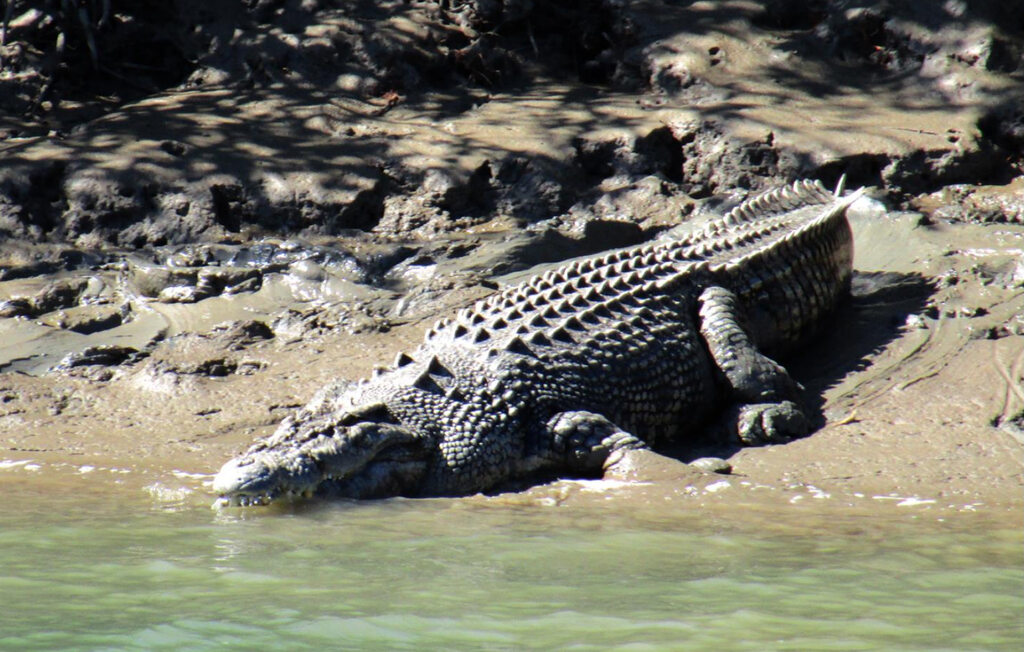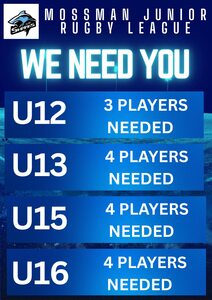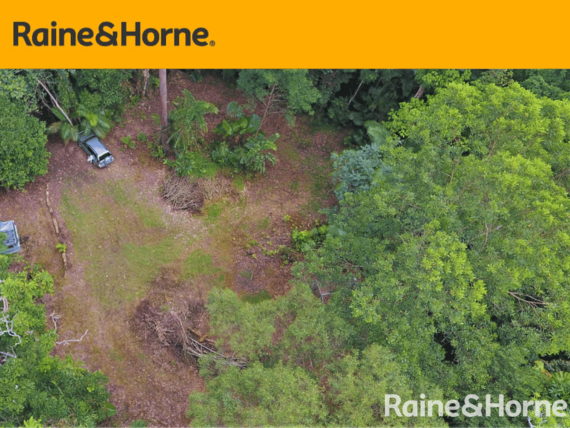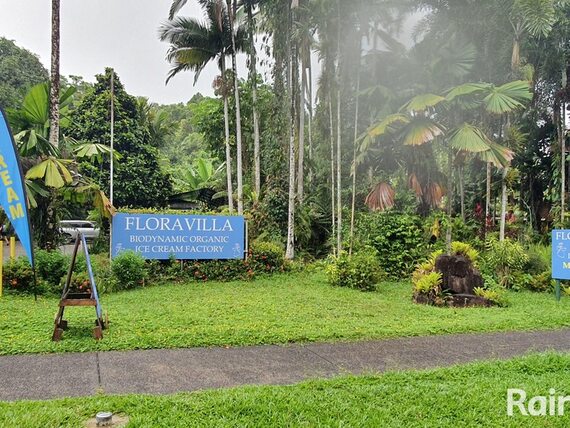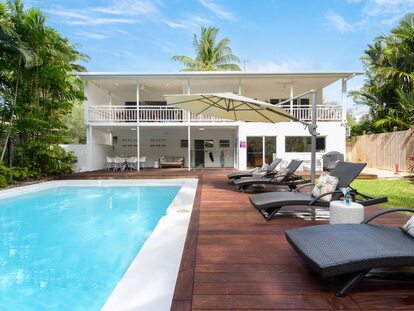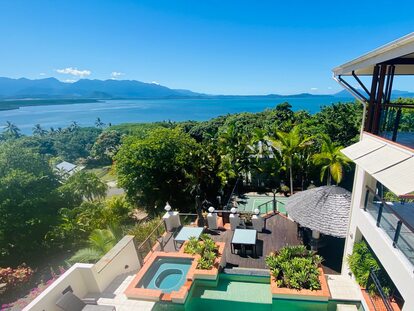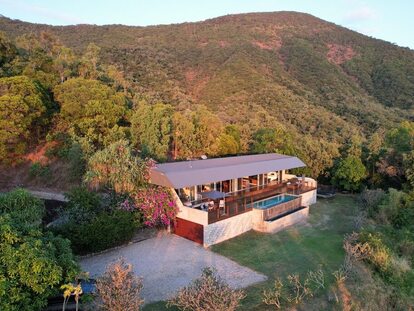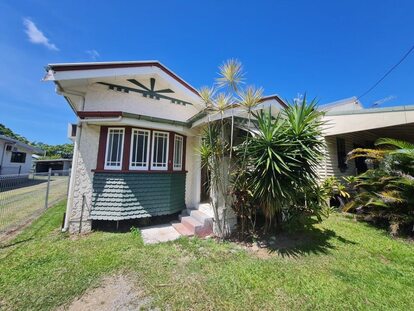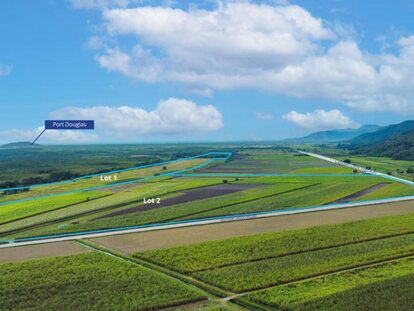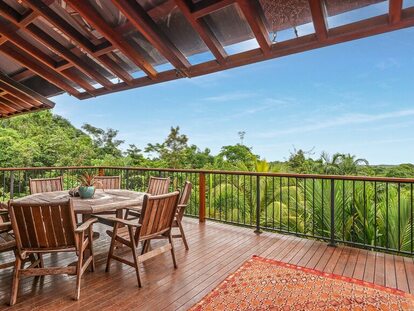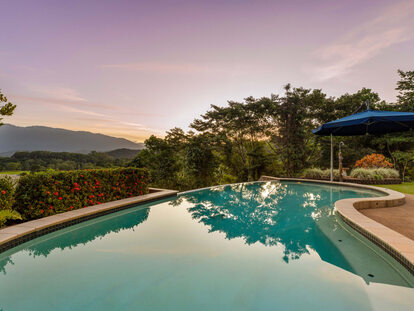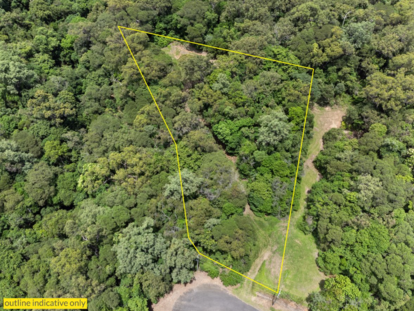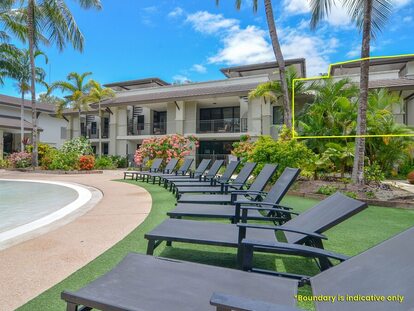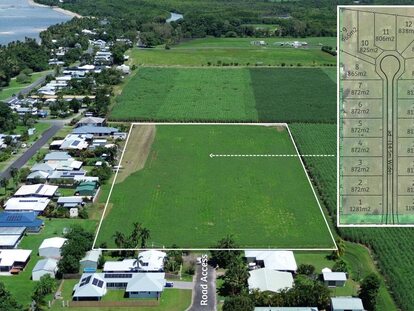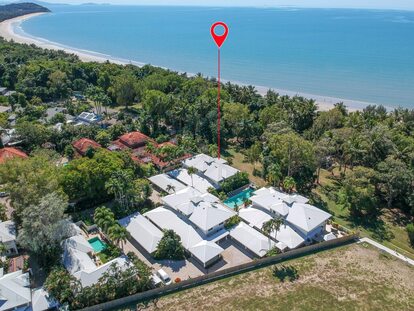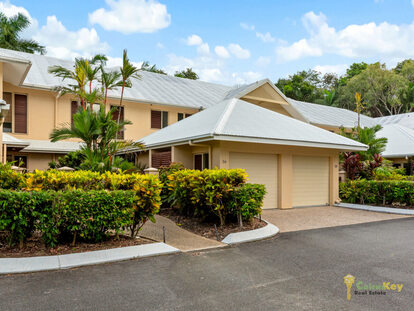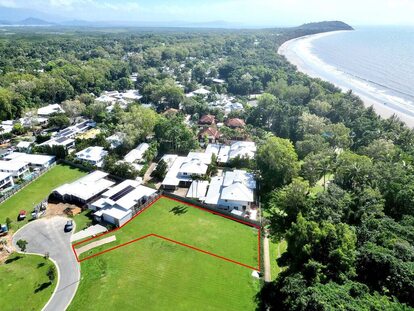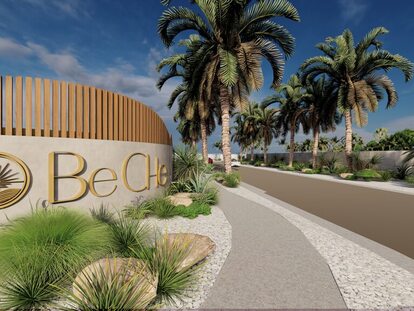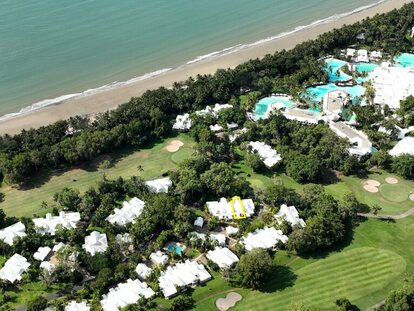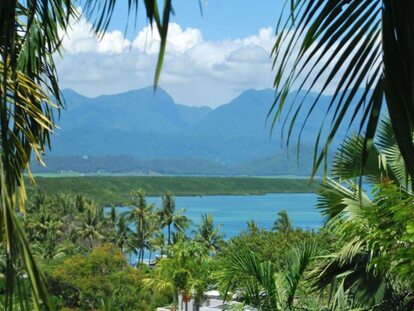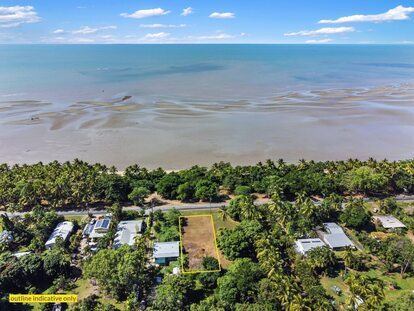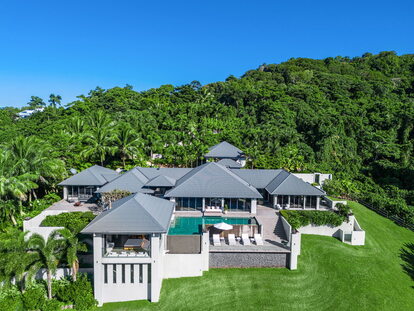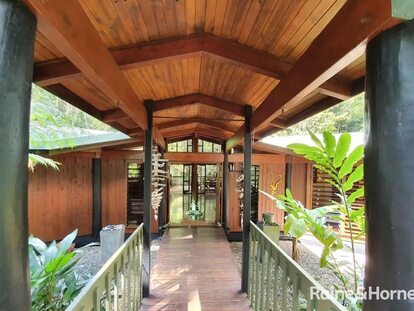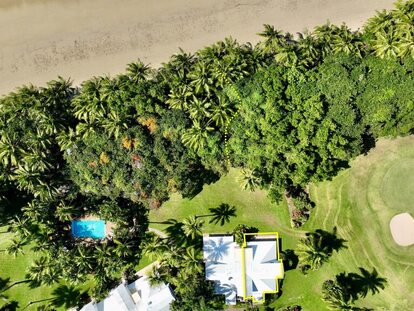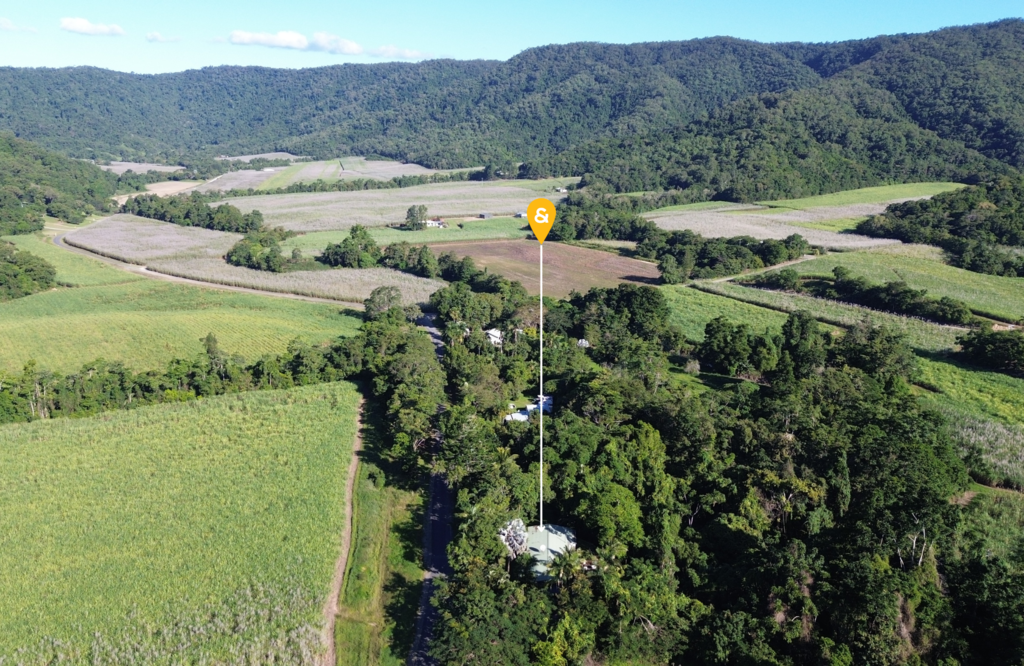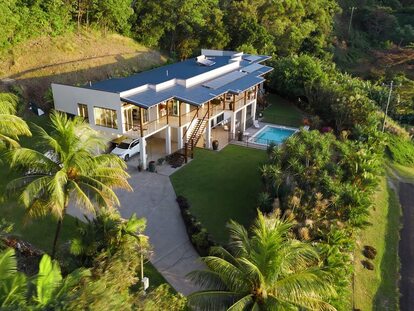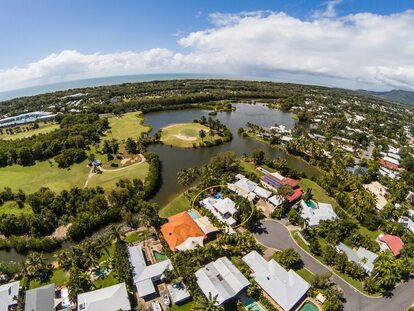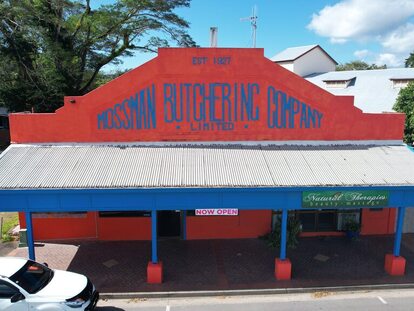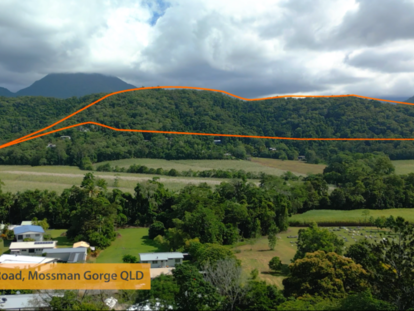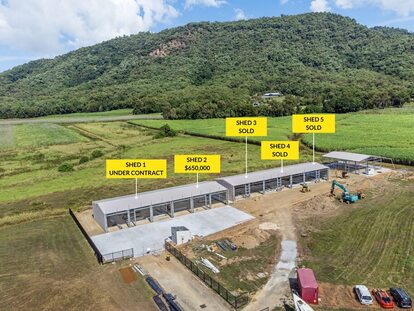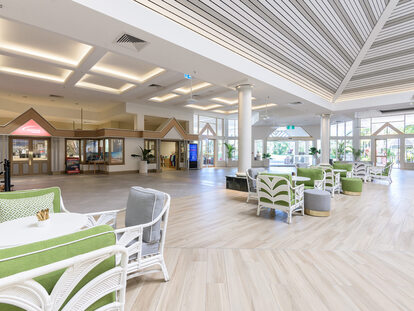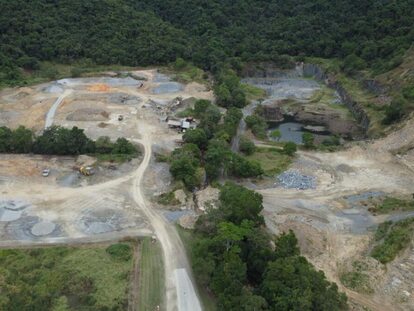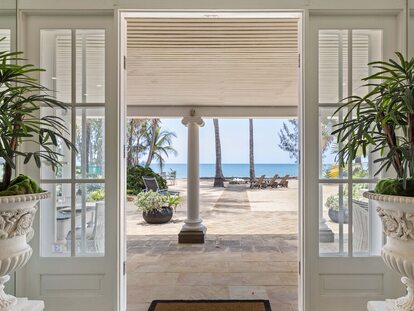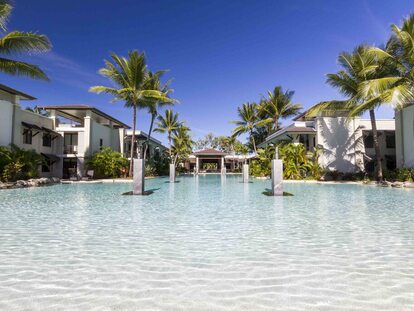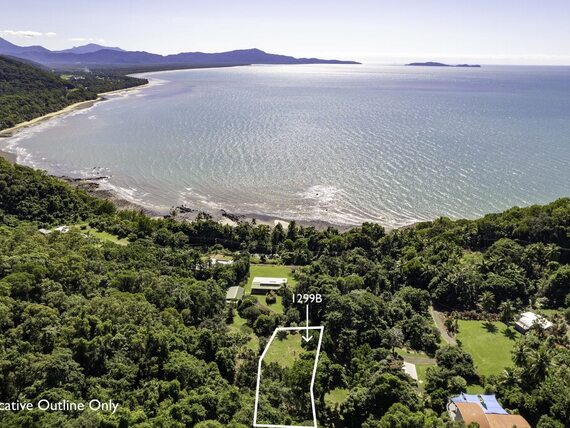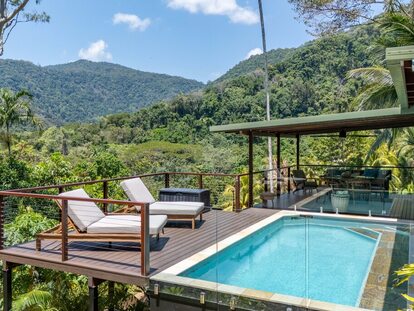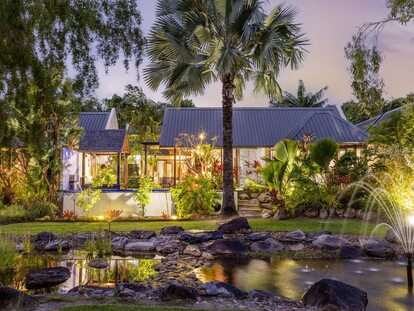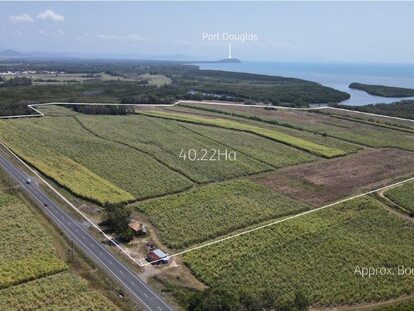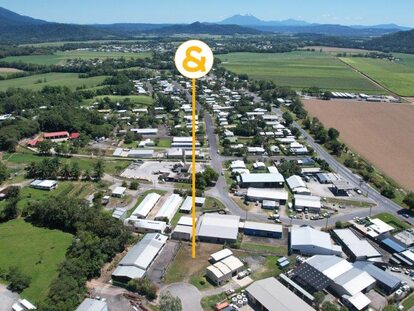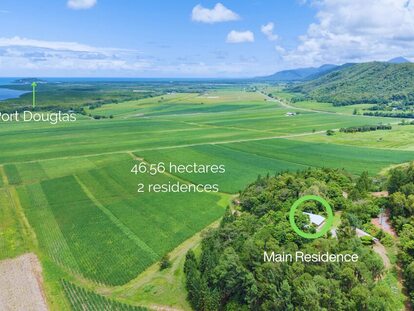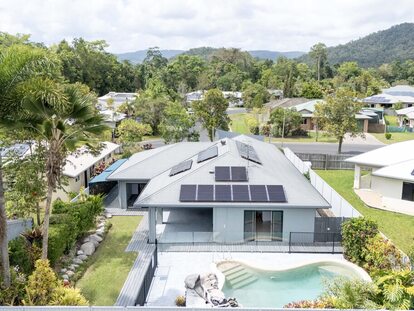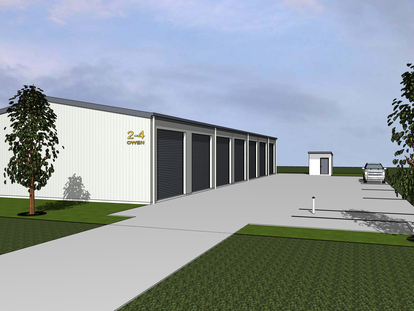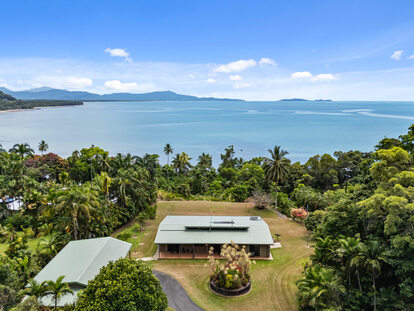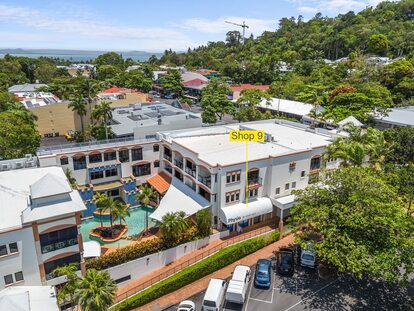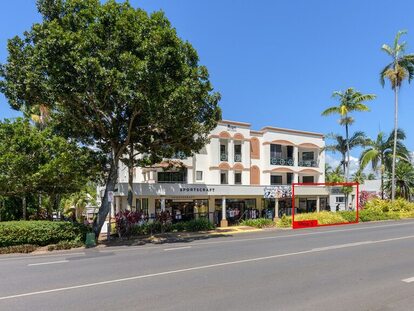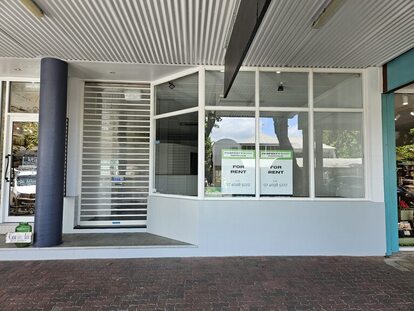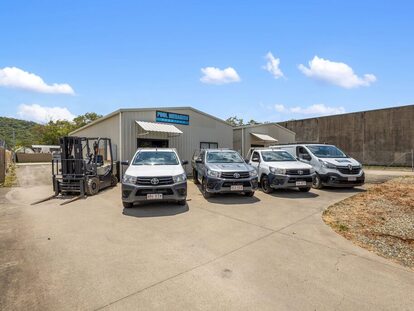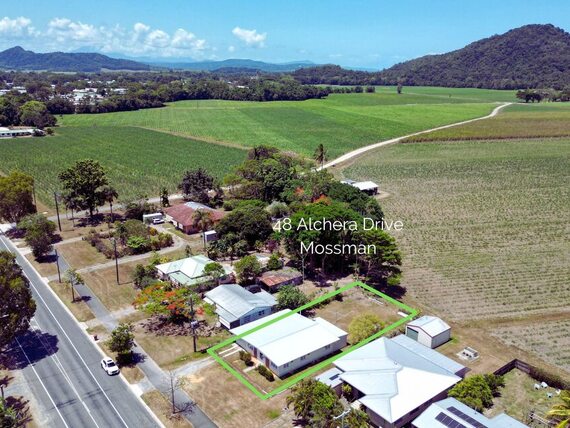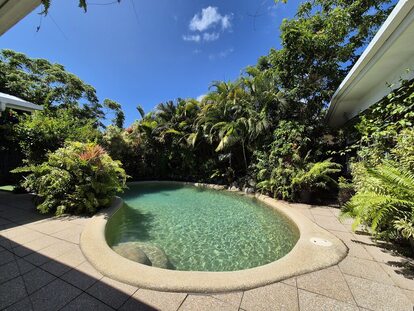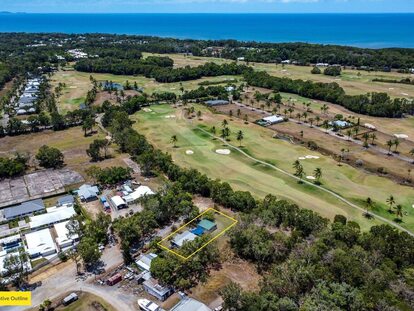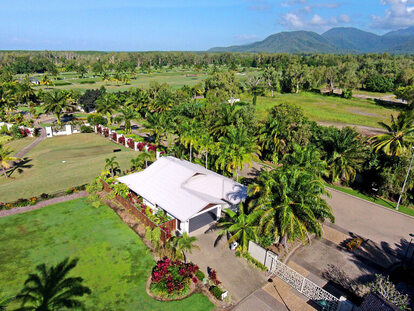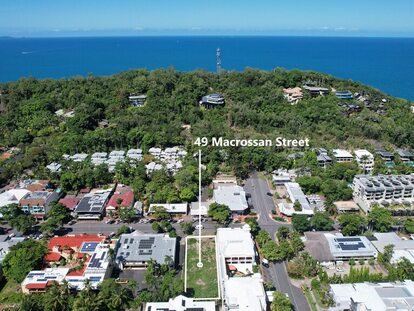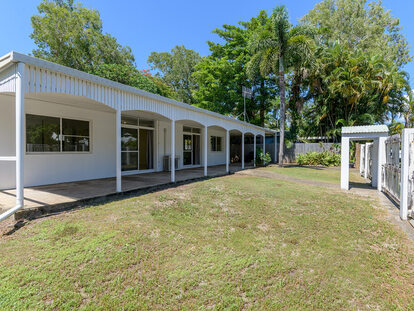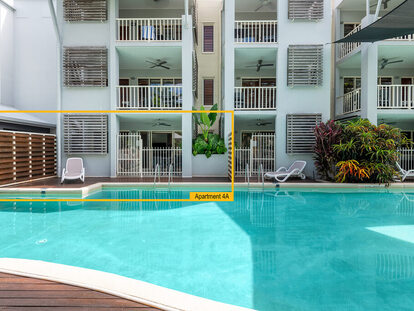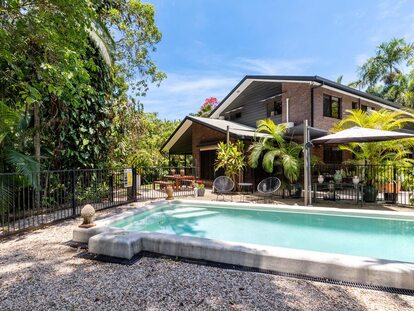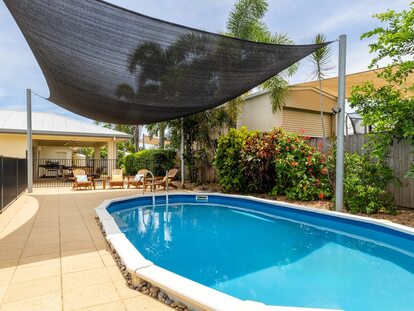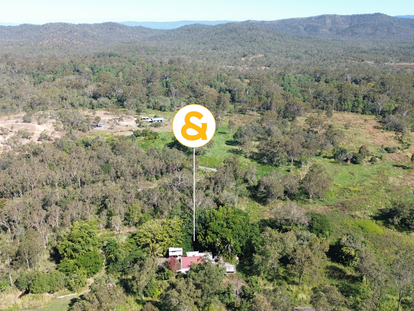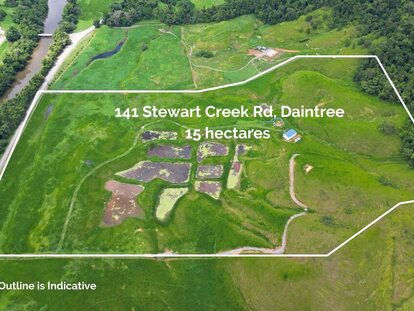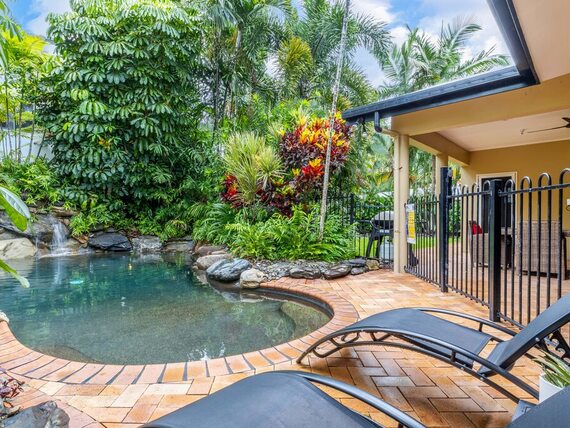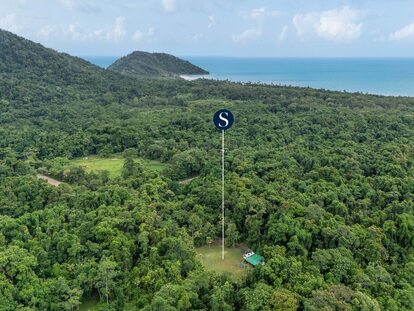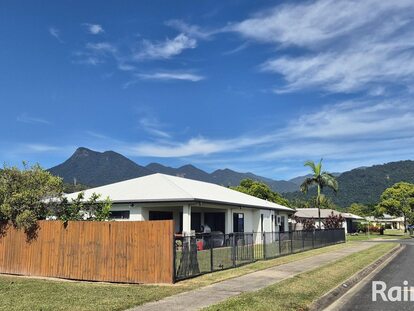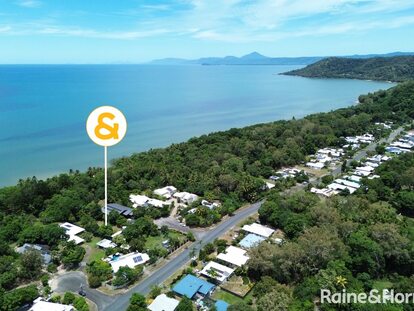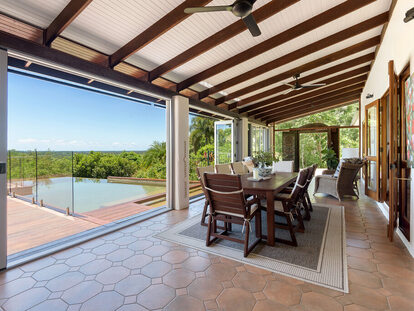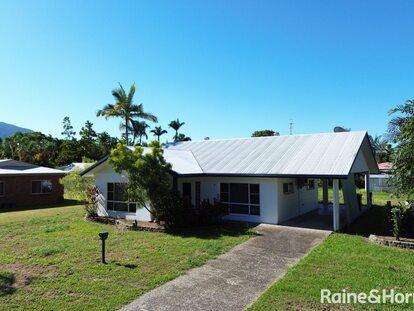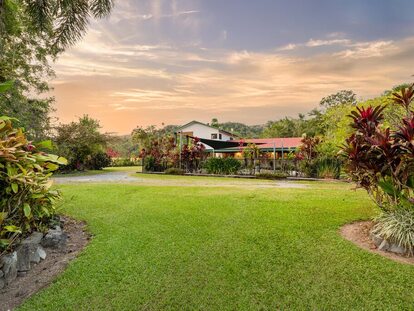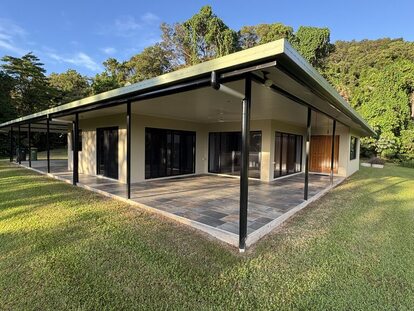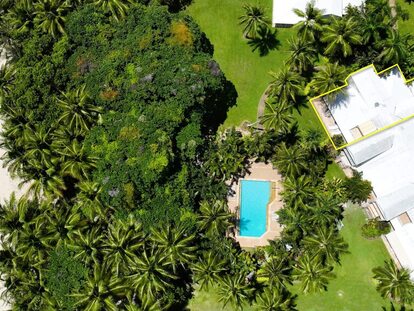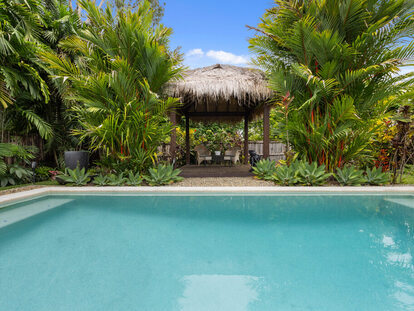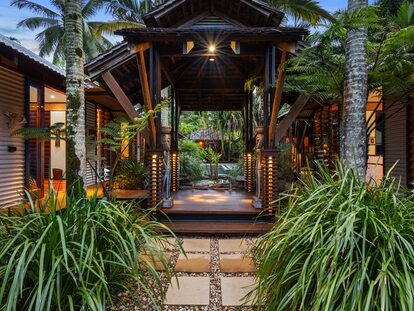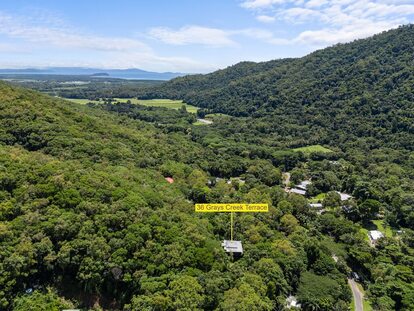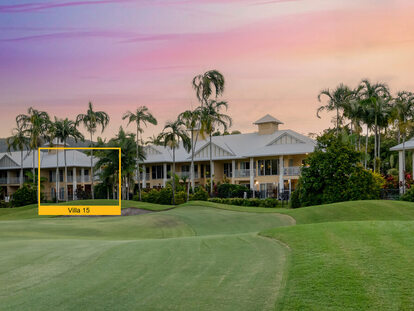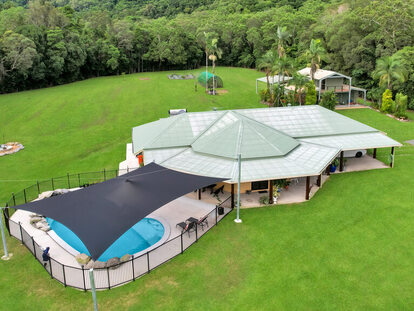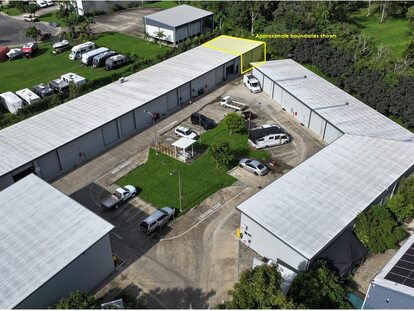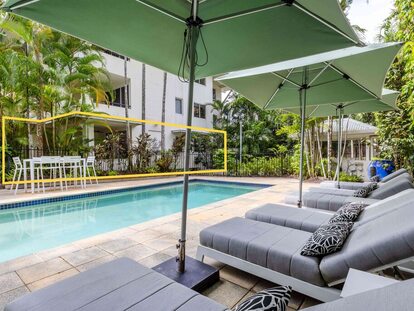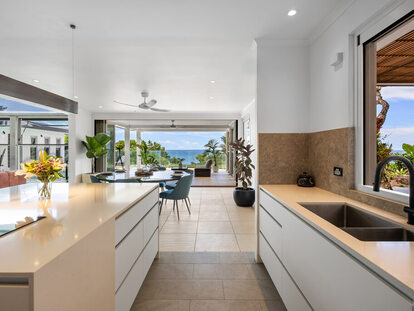|
(
59
)
|
Date
|
Start time
|
End time
|
Event name
|
Event description
|
Location
|
Cost
|
Website link
|
Event contact phone
|
Event contact email
|
Category (Maximum of 4 categories)
|
Terms and conditions
|
Name
|
Email
|
Phone
| |
|---|
| 1. |
Wednesday 16 April 2025
2025-04-16T00:00:00+10:00
|
6pm
|
9pm
|
Trivia Night for Douglas Shire Historical Society
|
Historical Society’s fundraiser for Port Douglas Court House Museum and Save the Cane Bins project.
|
Central Hotel,Port Douglas
|
$10 entry
|
Www.douglashistory.org.au
|
0418960888
|
[email protected]
|
Arts & Culture, Trivia & Games
| |
Pam Willis Burden
|
[email protected]
|
0418960888
| |
| 2. |
Tuesday 22 April 2025
2025-04-22T00:00:00+10:00
|
17:30
|
20:30
|
Stuie Harcourt Live Music
|
Live music
|
Oaks Resort Port Douglas
|
Free
| | | |
Free Event, Live Entertainment
| |
Robyn Buick
|
[email protected]
|
07 4099 8900
| |
| 3. |
Wednesday 23 April 2025
2025-04-23T00:00:00+10:00
|
17:30
|
20:30
|
Stuie Harcourt Live Music
|
Local offer **Free drink with main meal purchase**
|
Oaks Resort Port Douglas
|
Free
| | | |
Free Event, Live Entertainment
| |
Robyn Buick
|
[email protected]
|
07 4099 8900
| |
| 4. |
Thursday 24 April 2025
2025-04-24T00:00:00+10:00
|
17:30
|
20:30
|
Stuie Harcourt Live Music
|
Local offer **$26 Schnitzel, chips & salad + FREE Drink**
|
Oaks Resort Port Douglas
|
Free
| | | |
Free Event, Live Entertainment
| |
Robyn Buick
|
[email protected]
|
07 4099 8900
| |
| 5. |
Thursday 17 April 2025
2025-04-17T00:00:00+10:00
|
17:30
|
20:30
|
Tim Griffin Live Blues Music
|
Multi award winning Blues musician, producer and singer/songwriter
Local offer **$26 Schnitzel, chips & salad + FREE Drink**
|
Oaks Resort Port Douglas
|
Free
| | | |
Free Event, Live Entertainment
| |
Robyn Buick
|
[email protected]
|
07 4099 8900
| |
| 6. |
Wednesday 16 April 2025
2025-04-16T00:00:00+10:00
|
17:30
|
20:30
|
Tim Griffin Live Blues Music
|
Multi award winning Blues musician, producer and singer/songwriter
Local offer **Free drink with main purchase**
|
Oaks Resort Port Douglas
|
Free
| | | |
Free Event, Live Entertainment
| |
Robyn Buick
|
[email protected]
|
07 4099 8900
| |
| 7. |
Tuesday 15 April 2025
2025-04-15T00:00:00+10:00
|
17:30
|
20:30
|
Tim Griffin Live Blues Music
|
Multi award winning Blues musician, producer and singer/songwriter
|
Oaks Resort Port Douglas
|
Free
| | | |
Free Event, Live Entertainment
| |
Robyn Buick
|
[email protected]
|
07 4099 8900
| |
| 8. |
Saturday 17 May 2025
2025-05-17T00:00:00+10:00
|
11:00
|
12:30
|
Bottomless Brunch
|
Sip, savour & splash all day! Start your weekend the right way with our Bottomless Brunch at The Lilypad, perfect for the whole family. Your Brunch Experience Includes:
A delectable buffet brunch featuring all your breakfast favorites
Optional 1.5-hour drinks package with bottomless Mimosas and Bloody Marys
Endless poolside fun for the whole family
Courtesy transport to and from your home for Port Douglas locals
|
Oaks Port Douglas
|
59
|
https://www.oakshotels.com/en/oaks-resort-port-douglas/offers/bottomless-brunch
|
07 4099 8900
|
[email protected]
|
Food & Wine Event
| |
Robyn Buick
|
[email protected]
|
07 4099 8900
| |
| 9. |
Saturday 3 May 2025
2025-05-03T00:00:00+10:00
|
11:00
|
12:30
|
Bottomless Brunch
|
Sip, savour & splash all day! Start your weekend the right way with our Bottomless Brunch at The Lilypad, perfect for the whole family. Your Brunch Experience Includes:
A delectable buffet brunch featuring all your breakfast favorites
Optional 1.5-hour drinks package with bottomless Mimosas and Bloody Marys
Endless poolside fun for the whole family
Courtesy transport to and from your home for Port Douglas locals
|
Oaks Port Douglas
|
59
|
https://www.oakshotels.com/en/oaks-resort-port-douglas/offers/bottomless-brunch
|
07 4099 8900
|
[email protected]
|
Food & Wine Event
| |
Robyn Buick
|
[email protected]
|
07 4099 8900
| |
| 10. |
Saturday 26 April 2025
2025-04-26T00:00:00+10:00
|
11:00
|
12:30
|
Bottomless Brunch
|
Sip, savour & splash all day! Start your weekend the right way with our Bottomless Brunch at The Lilypad, perfect for the whole family. Your Brunch Experience Includes:
A delectable buffet brunch featuring all your breakfast favorites
Optional 1.5-hour drinks package with bottomless Mimosas and Bloody Marys
Endless poolside fun for the whole family
Courtesy transport to and from your home for Port Douglas locals
|
Oaks Port Douglas
|
59
|
https://www.oakshotels.com/en/oaks-resort-port-douglas/offers/bottomless-brunch
|
07 4099 8900
|
[email protected]
|
Food & Wine Event
| |
Robyn Buick
|
[email protected]
|
07 4099 8900
| |
| 11. |
Saturday 17 May 2025
2025-05-17T00:00:00+10:00
|
5:00pm
|
10:30pm
|
Album Launch: DJAWARRAY - 'Magayin (Stand and Rise)
|
Join us for the highly anticipated album launch of Djawarray (aka Bertie Riley), a proud Djabugay and Western Yalanji traditional custodian, singer-songwriter, and cultural leader from Ngunbay (Kuranda).
Deeply rooted in his songlines, Djawarray’s music blends his ancestral language, Ngirrma, with English to create a vibrant sound that pulses with the spirit of Aboriginal Rainforest Reggae. His captivating music has resonated throughout Far North Queensland, and he's shared the stage with legends like Mantaka, Zennith, Yubbaz, The Pad Boys, Gudju Gudju, and Nupoo & The Originals.
The Koahlition band, formed through jam sessions on a veranda in Koah, is a multicultural collective united by a shared passion to push musical boundaries. With Aboriginal, Torres Strait Islander and Eurasian heritage woven into the band's identity, Koahlition has been spreading their unique sound across regional communities for over a decade.
'Magayin' (meaning Stand and Rise) is more than just an album—it’s a powerful statement of resilience, rooted in Djawarray’s connection to the rainforest and the bama (people) within the Wet Tropics of Queensland World Heritage Area. This full album release follows the success of his 2023 EP, 'Binal', which means "understand" in Western Yalanji.
Djawarray is also the torchbearer of the Mayi Wunba Dance Troupe, a tradition passed down by his father, Lance Riley, ensuring the preservation of traditional dance and language. His song “Bundarra”, inspired by the Dreamtime story of the Cassowary, earned him a QMusic Award nomination in 2023.
The launch event will be an unforgettable night, featuring local hip-hop artists Diggis and ZDC, followed by the popular Kuranda band Cloud 9, and a powerful Cultural performance by the Mayi Wunba Dance Troupe to set the stage for Djawarray and his band.
You won’t get this experience anywhere else in the world—be there to stand, rise, and celebrate the music, Culture, and community! Come and dance the night away as Djawarray and Koahlition launch Magayin.
Date: Saturday, May 17, 2025
Location: Ellis Beach Bar & Grill
This album release has been made possible by a grant from the Regional Arts Development Fund (RADF) and the Queensland Government and Cairns Regional Council.
The Regional Arts Development Fund is a partnership between the Queensland Government and local government to support local arts and culture in Regional Queensland
|
Ellis Beach Bar & Grill
| |
https://www.entertainmentcairns.com/album-launch-djawarray-magayin-stand-and-rise
|
40553534
| |
Live Entertainment, Major Event
| |
Jesse
|
[email protected]
|
0458556237
| |
| 12. |
Sunday 8 June 2025
2025-06-08T00:00:00+10:00
|
1:00pm
|
4:00pm
|
Lucy Gallant @ Ellis Beach Bar & Grill
|
It's Sunday Live Music at Ellis Beach Bar & Grill 1pm - 4pm with Lucy Gallant!
Bright, colourful, and brilliant, Lucy Gallant has crafted her own genre, she lovingly refers to as bohemian Folk-pop. Anchored in folk-roots and enriched by a twist of soul and reggae, her sound is fiercely original, experimental, and avant-garde. Lucy's ability to channel her emotions into music resonates deeply with listeners, showcasing her incredible strength and artistry.
What else is on?
• $2 Oysters available 1pm to 4pm unless sold out earlier
Don't feel like driving? Our courtesy bus will be operating 12:00pm - 6:00pm with pickups from Palm Cove, Clifton Beach, Kewarra Beach* & Trinity Beach*; Just call when you're ready to go!
*5 people or more
Check out our website for upcoming events, menus, specials and more!
https://ellisbeachbarandgrill.com.au/live-music-ellis-beach-cairns/
|
Ellis Beach Bar & Grill
| |
https://www.entertainmentcairns.com/ellis-beach-bar-grill
|
40553534
| |
Free Event, Live Entertainment
| |
Jesse
|
[email protected]
|
0458556237
| |
| 13. |
Saturday 10 May 2025
2025-05-10T00:00:00+10:00
|
4:00pm
|
11:00pm
|
Afrobeats Festival @ Ellis Beach Bar and Grill
|
Ellis Beach Bar & Grill is hosting the first Afro Tropic Afrobeats Festival!
Live acts ranging from Congolese Soukous, Afrobeats, Zimbabwe Mbira and West African Percussion, plus local and interstate DJ's playing Afrobeats, Dancehall and Amapiano from 4pm to 11pm!
Courtesy bus available on the night. Book your spot: 4055 3534
All complimented by delicious food and refreshing drinks!
|
Ellis Beach Bar & Grill
| |
https://www.entertainmentcairns.com/afrobeats-festival-ellis-beach-bar-and-grill
|
40553534
| |
Live Entertainment, Major Event
| |
Jesse
|
[email protected]
|
0458556237
| |
| 14. |
Sunday 27 April 2025
2025-04-27T00:00:00+10:00
|
1:00pm
|
4:00pm
|
Nicole Nighthawk @ Ellis Beach Bar & Grill
|
It's Sunday Live Music at Ellis Beach Bar & Grill 1pm - 4pm with Nicole Nighthawk!
Nicole is fast becoming known for her engaging live performances at popular venues in and around Cairns where she plays an impressive mix of crowd-favourites and original songs.
What else is on?
• $2 Oysters available 1pm to 4pm unless sold out earlier
Don't feel like driving? Our courtesy bus will be operating 12:00pm - 6:00pm with pickups from Palm Cove, Clifton Beach, Kewarra Beach* & Trinity Beach*; Just call when you're ready to go!
*5 people or more
Check out our website for upcoming events, menus, specials and more!
https://ellisbeachbarandgrill.com.au/live-music-ellis-beach-cairns/
|
Ellis Beach Bar & Grill
| |
https://www.entertainmentcairns.com/ellis-beach-bar-grill
|
40553534
| |
Free Event, Live Entertainment
| |
Jesse
|
[email protected]
|
0458556237
| |
| 15. |
Saturday 26 April 2025
2025-04-26T00:00:00+10:00
|
5:30pm
|
8:30pm
|
JC & the Tree @ Ellis Beach Bar & Grill
|
It's Saturday Live Music at Ellis Beach Bar & Grill 5:30pm - 8:30pm with JC & the Tree!
Indie Australian folk-rock fusion duo JC and the Tree create brilliant soundtracks for life that elevate the listener into timeless visions of all things connected to nature and the world beyond. Music is a language beyond words and JC and the Tree are inspired to use it as a tool to bring all walks of life together.
What else is on this Saturday?
• FREE Pancakes for the Kids** - From 7am to 11.30am
• $25 Crispy Squid Plate - From 12pm - 8pm
Don't feel like driving? Our courtesy bus will be operating 12:00pm - 9:00pm with pickups from Palm Cove, Clifton Beach, Kewarra Beach* & Trinity Beach*; Just call when you're ready to go!
*5 people or more
Check out our website for upcoming events, menus, specials and more!
https://ellisbeachbarandgrill.com.au/live-music-ellis-beach-cairns/
**Purchase any main meal and your child eats for free, under 14yo. Not available in conjunction with any other specials/deals.
|
Ellis Beach Bar & Grill
| |
https://www.entertainmentcairns.com/ellis-beach-bar-grill
|
40553534
| |
Free Event, Live Entertainment
| |
Jesse
|
[email protected]
|
0458556237
| |
| 16. |
Friday 25 April 2025
2025-04-25T00:00:00+10:00
|
10:00am
|
8:30pm
|
Anzac Day @ Ellis Beach Bar & Grill
|
Anzac Day @ Ellis Beach Bar & Grill
- Two Up Hosted by LJ // 10am - Midday
- Homeless Digga's Support Group // Midday - 2pm
- Cam Kettle // 5.30 - 8.30pm
"Acoustic Man, Chilled Tunes"
|
Ellis Beach Bar & Grill
| |
https://www.entertainmentcairns.com/ellis-beach-bar-grill
|
40553534
| |
Community Event, Free Event, Live Entertainment, Sport Event
| |
Jesse
|
[email protected]
|
0458556237
| |
| 17. |
Monday 21 April 2025
2025-04-21T00:00:00+10:00
|
1:00pm
|
4:00pm
|
Thomas Lowth @ Ellis Beach Bar & Grill
|
It's Easter Monday live music with Thomas Lowth from 1pm - 4pm!
With a voice that carries the spirit of indie folk, pop rock, funk, punk, and everything in between, Thomas weaves together a mesmerising tapestry of sonic bliss that will ignite your senses and leave you craving for more.
|
Ellis Beach Bar & Grill
| |
https://www.entertainmentcairns.com/ellis-beach-bar-grill
|
40553534
| |
Free Event, Live Entertainment
| |
Jesse
|
[email protected]
|
0458556237
| |
| 18. |
Sunday 20 April 2025
2025-04-20T00:00:00+10:00
|
1:00pm
|
4:00pm
|
Kaweyova Duo @ Ellis Beach Bar & Grill
|
It's Sunday Live Music at Ellis Beach Bar & Grill 1pm - 4pm with Kaweyova Duo!
This Singer/Songwriter is a powerful presence whether she is playing as a part of a Duo/Band. Her Pop, Soul, Reggae sound is perfect to listen to as you have a relaxing meal or, get down on the dancefloor with friends!
What else is on?
• $2 Oysters available 1pm to 4pm unless sold out earlier
Don't feel like driving? Our courtesy bus will be operating 12:00pm - 6:00pm with pickups from Palm Cove, Clifton Beach, Kewarra Beach* & Trinity Beach*; Just call when you're ready to go!
*5 people or more
Check out our website for upcoming events, menus, specials and more!
https://ellisbeachbarandgrill.com.au/live-music-ellis-beach-cairns/
|
Ellis Beach Bar & Grill
| |
https://www.entertainmentcairns.com/ellis-beach-bar-grill
|
40553534
| |
Free Event, Live Entertainment
| |
Jesse
|
[email protected]
|
0458556237
| |
| 19. |
Saturday 19 April 2025
2025-04-19T00:00:00+10:00
|
5:30pm
|
8:30pm
|
Phoebe & Zane @ Ellis Beach Bar & Grill
|
It's Saturday Live Music at Ellis Beach Bar & Grill 5:30pm - 8:30pm with Phoebe and Zane!
Party beats and soulful tones, Phoebe and Zane serve up original takes on covers with Live Loops
What else is on this Saturday?
• FREE Pancakes for the Kids** - From 7am to 11.30am
• $25 Crispy Squid Plate - From 12pm - 8pm
Don't feel like driving? Our courtesy bus will be operating 12:00pm - 9:00pm with pickups from Palm Cove, Clifton Beach, Kewarra Beach* & Trinity Beach*; Just call when you're ready to go!
*5 people or more
Check out our website for upcoming events, menus, specials and more!
https://ellisbeachbarandgrill.com.au/live-music-ellis-beach-cairns/
**Purchase any main meal and your child eats for free, under 14yo. Not available in conjunction with any other specials/deals.
|
Ellis Beach Bar & Grill
| |
https://www.entertainmentcairns.com/ellis-beach-bar-grill
|
40553534
| |
Free Event, Live Entertainment
| |
Jesse
|
[email protected]
|
0458556237
| |
| 20. |
Friday 18 April 2025
2025-04-18T00:00:00+10:00
|
5:30pm
|
8:30pm
|
Callum (Duo) @ Ellis Beach Bar & Grill
|
FRIDAY LIVE MUSIC
Callum [Duo] > 5:30 - 8:30pm
"Modern Acoustic Country & Pop"
WHAT ELSE IS ON?
$35 Rump Steak > Rump Steak and Schooner or House Wine. From 12 – 8pm
See you here.
|
Ellis Beach Bar & Grill
| |
https://www.entertainmentcairns.com/ellis-beach-bar-grill
|
40553534
| |
Free Event, Live Entertainment
| |
Jesse
|
[email protected]
|
0458556237
| |
| 21. |
Sunday 13 April 2025
2025-04-13T00:00:00+10:00
|
1:00pm
|
4:00pm
|
Dave Cooke @ Ellis Beach Bar & Grill
|
It's Sunday Live Music at Ellis Beach Bar & Grill 1pm - 4pm with Dave Cooke!
An earthy blend of powerful vocals, acoustic guitar, lap slide guitar, didgeridoos and stomp box gives rise to a rich, full sound with interesting diversity and driving intensity.
What else is on?
• $2 Oysters available 1pm to 4pm unless sold out earlier
Don't feel like driving? Our courtesy bus will be operating 12:00pm - 6:00pm with pickups from Palm Cove, Clifton Beach, Kewarra Beach* & Trinity Beach*; Just call when you're ready to go!
*5 people or more
Check out our website for upcoming events, menus, specials and more!
https://ellisbeachbarandgrill.com.au/live-music-ellis-beach-cairns/
|
Ellis Beach Bar & Grill
| |
https://www.entertainmentcairns.com/ellis-beach-bar-grill
|
40553534
| |
Free Event, Live Entertainment
| |
Jesse
|
[email protected]
|
0458556237
| |
| 22. |
Wednesday 16 April 2025
2025-04-16T00:00:00+10:00
|
6pm
|
9pm
|
Trivia night
|
Central hotel at 6pm hosted by kStar. Get a table together for a fun quiz night supporting your local history Raising funds to save a cane bin
|
Central hotel Port Douglas
|
$10pp
|
Douglashistory.org.au
|
0418960888
|
[email protected]
|
Arts & Culture, Community Event, Family Event
| |
Douglas shire historical society
|
[email protected]
|
0418960888
| |
| 23. |
Tuesday 22 April 2025
2025-04-22T00:00:00+10:00
|
1:00pm
|
4:00pm
|
Four Mile Beach Monthly Clean-up
|
Four Mile Beach in Port Douglas is one of our longest-running QLD beach monitoring sites. We have been cleaning and collecting data from this site each month for the past 12 years.
Volunteers need to wear enclosed shoes, bring sun/rain protection, and plenty of drinking water (1 to 2 litres is recommended). We try to ensure that all Tangaroa Blue events are free from single-use plastic, so bring along your reusable water bottle. All equipment and drinking water top-ups will be provided.
To register or for any questions, please email [email protected]. Thank you for dedicating your energy towards protecting our oceans, and we look forward to seeing you out on the beach!
|
Daintree Lounge at the Sheraton Grand Mirage, Port Douglas
|
Free
|
https://tangaroablue.org/events-calendar/four-mile-beach-north-and-middle-regular-monthly-clean-up-event-qld-45-887/
| |
[email protected]
|
Community Event, Free Event
| |
Lucy
|
[email protected]
|
0431870165
| |
| 24. |
Sunday 13 April 2025
2025-04-13T00:00:00+10:00
|
10am
|
10:45am
|
Easter Cookie Decorating
|
Get ready for a fun-filled morning with our Cookie Decorating & Bubble Tea Party for Kids! Join us for a relaxed, creative session where kids can decorate their very own Easter cookies (gluten free available). After they’ve created their sweet masterpieces, they can enjoy a refreshing bubble tea to sip on while they show off their delicious designs!
Spaces are limited, so book your spot today for a bubbly good time!
|
Steep Port Douglas, Shop 1, 46 Macrossan St
|
$25
|
steepportdouglas.com.au
|
0449 680 508
|
[email protected]
|
Community Event, Family Event
|
Adult supervision required
|
Amy Inglis
|
[email protected]
|
0412384030
| |
| 25. |
Saturday 3 May 2025
2025-05-03T00:00:00+10:00
|
8 am
|
9.30
|
Friends of the MBG Garden Working Bee
|
Buzz into your Saturday with some friends at Mossman Botanic Garden! Dig, laugh, and make the garden glow — 8 to 9:30am, we’ll see you there!
|
Garden of Woven Memories, Mossman Botanic Garden, Foxten Ave close to C&K Kindergarten
|
Nil
|
https://mossmanbotanicgarden.com.au/
|
0422700904
|
[email protected]
|
Community Event, Family Event, Free Event
| |
Monika Prins
|
[email protected]
|
0422700904
| |
| 26. |
Tuesday 29 April 2025
2025-04-29T00:00:00+10:00
|
07.00am
|
08.00am
|
Community Food Gardening
|
Join the Circle of Plenty at Mossman Botanic Garden to cultivate fresh produce, share knowledge, and connect with nature
|
Circle of Plenty, Mossman Botanic Garden, Foxton Ave, close to C&K Mossman Community Kindergarden
|
Nil
|
www.facebook.com/profile.php?id=61551160891877
|
0422 700 904
|
[email protected]
|
Community Event, Family Event, Free Event
| |
Monika Prins
|
[email protected]
|
0422 700 904
| |
| 27. |
Tuesday 22 April 2025
2025-04-22T00:00:00+10:00
|
07.00am
|
08.00am
|
Community Food Gardening
|
Join the Circle of Plenty at Mossman Botanic Garden to cultivate fresh produce, share knowledge, and connect with nature
|
Circle of Plenty, Mossman Botanic Garden, Foxton Ave, close to C&K Mossman Community Kindergarden
|
Nil
|
www.facebook.com/profile.php?id=61551160891877
|
0422 700 904
|
[email protected]
|
Community Event, Family Event, Free Event
| |
Monika Prins
|
[email protected]
|
0422 700 904
| |
| 28. |
Tuesday 15 April 2025
2025-04-15T00:00:00+10:00
|
07.00am
|
08.00am
|
Community Food Gardening
|
Join the Circle of Plenty at Mossman Botanic Garden to cultivate fresh produce, share knowledge, and connect with nature
|
Circle of Plenty, Mossman Botanic Garden, Foxton Ave, close to C&K Mossman Community Kindergarden
|
Nil
|
www.facebook.com/profile.php?id=61551160891877
|
0422 700 904
|
[email protected]
|
Community Event, Family Event, Free Event
| |
Monika Prins
|
[email protected]
|
0422 700 904
| |
| 29. |
Thursday 19 June 2025
2025-06-19T00:00:00+10:00
|
7:00pm
|
9:00pm
|
Trivia with Supa Sal and Wevs
|
Enjoy a fun night of Trivia with your friends at Club Mossman. Join the fun and the chance to win great prizes and cash. Bistro is open from 5:30pm and bookings can be made via our website clubmossman.com.au
|
Club Mossman
|
$5 per person
|
www.clubmossman.com.au
|
0740981434
|
[email protected]
|
Trivia & Games
| |
Melissa Di Pietro
|
[email protected]
|
0740981434
| |
| 30. |
Thursday 5 June 2025
2025-06-05T00:00:00+10:00
|
7:00pm
|
9:00pm
|
Trivia with Supa Sal and Wevs
|
Enjoy a fun night of Trivia with your friends at Club Mossman. Join the fun and the chance to win great prizes and cash. Bistro is open from 5:30pm and bookings can be made via our website clubmossman.com.au
|
Club Mossman
|
$5 per person
|
www.clubmossman.com.au
|
0740981434
|
[email protected]
|
Trivia & Games
| |
Melissa Di Pietro
|
[email protected]
|
0740981434
| |
| 31. |
Thursday 22 May 2025
2025-05-22T00:00:00+10:00
|
7:00pm
|
9:00pm
|
Trivia with Supa Sal and Wevs
|
Enjoy a fun night of Trivia with your friends at Club Mossman. Join the fun and the chance to win great prizes and cash. Bistro is open from 5:30pm and bookings can be made via our website clubmossman.com.au
|
Club Mossman
|
$5 per person
|
www.clubmossman.com.au
|
0740981434
|
[email protected]
|
Trivia & Games
| |
Melissa Di Pietro
|
[email protected]
|
0740981434
| |
| 32. |
Thursday 8 May 2025
2025-05-08T00:00:00+10:00
|
7:00pm
|
9:00pm
|
Trivia with Supa Sal and Wevs
|
Enjoy a fun night of Trivia with your friends at Club Mossman. Join the fun and the chance to win great prizes and cash. Bistro is open from 5:30pm and bookings can be made via our website clubmossman.com.au
|
Club Mossman
|
$5 per person
|
www.clubmossman.com.au
|
0740981434
|
[email protected]
|
Trivia & Games
| |
Melissa Di Pietro
|
[email protected]
|
0740981434
| |
| 33. |
Thursday 24 April 2025
2025-04-24T00:00:00+10:00
|
7:00pm
|
9:00pm
|
Trivia with Supa Sal and Wevs
|
Enjoy a fun night of Trivia with your friends at Club Mossman. Join the fun and the chance to win great prizes and cash. Bistro is open from 5:30pm and bookings can be made via our website clubmossman.com.au
|
Club Mossman
|
$5 per person
|
www.clubmossman.com.au
|
0740981434
|
[email protected]
|
Trivia & Games
| |
Melissa Di Pietro
|
[email protected]
|
0740981434
| |
| 34. |
Saturday 26 April 2025
2025-04-26T00:00:00+10:00
|
4 PM
|
6 PM
|
Level Up Your Vibes & Dance
|
High Vibrational Connection with Kirtan, following with timeless Ecstatic Dance!
The 2-hour journey will guide you through a joyful musical meditation practice that clears the mind, opens the heart and transforms negative emotions into a sense of contentment and peace.
|
Yoga in The Tropics Studio - beach end Macrossan St
|
$55
|
https://yogainthetropics.com/events
|
0438117486
|
[email protected]
|
Arts & Culture, Community Event, Live Entertainment, Major Event, Sport Event, Workshop or Training
| |
Petra
|
[email protected]
|
0438117486
| |
| 35. |
Tuesday 15 April 2025
2025-04-15T00:00:00+10:00
|
10 AM
|
10.45 (11) AM
|
Kids Easter Yoga & Mindfulness
|
Yoga, Dance, Sing, Move, and Be Mindful. Offering for school kids.
|
Port Douglas Neighborhood Center
|
donation
|
www.yogainthetropics.com
|
0438117486
|
[email protected]
|
Arts & Culture, Community Event, Family Event, Free Event, Workshop or Training
| |
Petra
|
[email protected]
|
0438117486
| |
| 36. |
Sunday 13 April 2025
2025-04-13T00:00:00+10:00
|
4 PM
|
5.30 PM
|
Kirtan Meditation through Music
|
Donation based Meditation event to increase your frequency and quality of life.
|
Yoga in The Tropics Studio - beach end Macrossan St
|
donation
|
https://yogainthetropics.com/events
|
0438117486
|
[email protected]
|
Arts & Culture, Community Event, Family Event, Free Event, Live Entertainment, Workshop or Training
| |
Petra
|
[email protected]
|
0438117486
| |
| 37. |
Thursday 26 June 2025
2025-06-26T00:00:00+10:00
|
7:00pm
|
9:00pm
|
Bingo
|
Enjoy a fun night of Bingo with your friends at Club Mossman. Cost $1 - $5 depending on book size. Bistro is open from 5:30pm and bookings can be made via our website clubmossman.com.au
|
Club Mossman
|
$1-$15 according to book size
|
www.clubmossman.com.au
|
0740981434
|
[email protected]
|
Trivia & Games
| |
Melissa Di Pietro
|
[email protected]
|
0740981434
| |
| 38. |
Thursday 12 June 2025
2025-06-12T00:00:00+10:00
|
7:00pm
|
9:00pm
|
Bingo
|
Enjoy a fun night of Bingo with your friends at Club Mossman. Cost $1 - $5 depending on book size. Bistro is open from 5:30pm and bookings can be made via our website clubmossman.com.au
|
Club Mossman
|
$1-$15 according to book size
|
www.clubmossman.com.au
|
0740981434
|
[email protected]
|
Trivia & Games
| |
Melissa Di Pietro
|
[email protected]
|
0740981434
| |
| 39. |
Thursday 29 May 2025
2025-05-29T00:00:00+10:00
|
7:00pm
|
9:00pm
|
Bingo
|
Enjoy a fun night of Bingo with your friends at Club Mossman. Cost $1 - $5 depending on book size. Bistro is open from 5:30pm and bookings can be made via our website clubmossman.com.au
|
Club Mossman
|
$1-$15 according to book size
|
www.clubmossman.com.au
|
0740981434
|
[email protected]
|
Trivia & Games
| |
Melissa Di Pietro
|
[email protected]
|
0740981434
| |
| 40. |
Thursday 15 May 2025
2025-05-15T00:00:00+10:00
|
7:00pm
|
9:00pm
|
Bingo
|
Enjoy a fun night of Bingo with your friends at Club Mossman. Cost $1 - $5 depending on book size. Bistro is open from 5:30pm and bookings can be made via our website clubmossman.com.au
|
Club Mossman
|
$1-$15 according to book size
|
www.clubmossman.com.au
|
0740981434
|
[email protected]
|
Trivia & Games
| |
Melissa Di Pietro
|
[email protected]
|
0740981434
| |
| 41. |
Thursday 1 May 2025
2025-05-01T00:00:00+10:00
|
7:00pm
|
9:00pm
|
Bingo
|
Enjoy a fun night of Bingo with your friends at Club Mossman. Cost $1 - $5 depending on book size. Bistro is open from 5:30pm and bookings can be made via our website clubmossman.com.au
|
Club Mossman
|
$1-$15 according to book size
|
www.clubmossman.com.au
|
0740981434
|
[email protected]
|
Trivia & Games
| |
Melissa Di Pietro
|
[email protected]
|
0740981434
| |
| 42. |
Thursday 17 April 2025
2025-04-17T00:00:00+10:00
|
7:00pm
|
9:00pm
|
Bingo
|
Enjoy a fun night of Bingo with your friends at Club Mossman. Cost $1 - $5 depending on book size. Bistro is open from 5:30pm and bookings can be made via our website clubmossman.com.au
|
Club Mossman
|
$1-$15 according to book size
|
www.clubmossman.com.au
|
0740981434
|
[email protected]
|
Trivia & Games
| |
Melissa Di Pietro
|
[email protected]
|
0740981434
| |
| 43. |
Friday 4 July 2025
2025-07-04T00:00:00+10:00
|
18:00
|
21:00
|
Dinner & Dazzle
|
Step into a world of wonder and excitement at Oaks Port Douglas with an unforgettable evening that combines a delicious 3-course dinner with an exhilarating aerial & contortion performance and breathtaking fire show !
|
Oaks Port Douglas
|
$99
|
https://www.eventbrite.com.au/e/dinner-dazzle-a-night-of-culinary-delights-and-dazzling-feats-tickets-1281838636869?aff=oddtdtcreator
|
07 4099 8900
|
[email protected]
|
Arts & Culture, Family Event, Food & Wine Event, Live Entertainment
| |
Robyn
|
[email protected]
|
07 4099 8900
| |
| 44. |
Friday 6 June 2025
2025-06-06T00:00:00+10:00
|
18:00
|
21:00
|
Dinner & Dazzle
|
Step into a world of wonder and excitement at Oaks Port Douglas with an unforgettable evening that combines a delicious 3-course dinner with an exhilarating aerial & contortion performance and breathtaking fire show !
|
Oaks Port Douglas
|
$99
|
https://www.eventbrite.com.au/e/dinner-dazzle-a-night-of-culinary-delights-and-dazzling-feats-tickets-1281838636869?aff=oddtdtcreator
|
07 4099 8900
|
[email protected]
|
Arts & Culture, Family Event, Food & Wine Event, Live Entertainment
| |
Robyn
|
[email protected]
|
07 4099 8900
| |
| 45. |
Friday 2 May 2025
2025-05-02T00:00:00+10:00
|
18:00
|
21:00
|
Dinner & Dazzle
|
Step into a world of wonder and excitement at Oaks Port Douglas with an unforgettable evening that combines a delicious 3-course dinner with an exhilarating aerial & contortion performance and breathtaking fire show !
|
Oaks Port Douglas
|
$99
|
https://www.eventbrite.com.au/e/dinner-dazzle-a-night-of-culinary-delights-and-dazzling-feats-tickets-1281838636869?aff=oddtdtcreator
|
07 4099 8900
|
[email protected]
|
Arts & Culture, Family Event, Food & Wine Event, Live Entertainment
| |
Robyn
|
[email protected]
|
07 4099 8900
| |
| 46. |
Tuesday 13 May 2025
2025-05-13T00:00:00+10:00
|
10am
|
1pm
|
Open Day
|
Annual Family Fun Day to celebrate Neighbourhood Centre Week.
A range of various free activities for all ages.
From Jumping Castles, Beading workshop to Tai Chi Demonstrations.
|
6-10 Mowbray Street
|
Free
| |
40995518
|
[email protected]
|
Community Event, Family Event, Free Event
| |
Tracy Gibson
|
[email protected]
|
40995518
| |
| 47. |
Sunday 12 October 2025
2025-10-12T00:00:00+10:00
| | |
TROPTOBERFEST
|
HEMINGWAY'S BREWERY PORT DOUGLAS
We are excited to announce the date for this year's Troptoberfest. Don't miss the food, the fun and of course, the beers. No bookings required just rock up and dress up if you are inclined.
Oktoberfest with a tropical twist!
German-style beers
German festival food
Live music and entertainment with Richie Longstaff & Peter Kinch
Keg lifting competition
Stein Slide competition
Best dressed
MORE DETAILS TO BE ANNOUNCED SOON!
Follow our socials to keep up-to-date with the beers, food and entertainment on offer.
|
Hemingway's Brewery
| |
https://www.hemingwaysbrewery.com/whats-on/events/troptoberfest-port-douglas
|
+61 482 173 337
|
[email protected]
|
Food & Wine Event
| |
Jessabel Dael
|
[email protected]
|
09979210220
| |
| 48. |
Tuesday 15 April 2025
2025-04-15T00:00:00+10:00
|
10:30 AM
|
11:30 AM
|
Magic Workshop with Chantal Munro
|
Join us at Mossman Library for a spectacular magic show with Chantal Munro. No need to book. Come out and have a good time. All ages welcome.
|
Mossman Library
|
Free
| | | |
Community Event, Free Event
|
Adult supervision required.
|
Douglas Libraries
|
[email protected]
|
4099 9496
| |
| 49. |
Friday 8 August 2025
2025-08-08T00:00:00+10:00
|
6:30pm
|
9:30pm
|
Monthly Social Dancing
|
Come and dance with us. Free 30 min Dance Class. Learn new dance, while having your delicious meals and enjoying your favorite drink. Come with your friends or love ones. FREE ENTRY. At the Pullman Sea Temple Resorts. See you there.
|
PULLMAN SEA TEMPLE RESORT
|
Free
|
Facebook Keep On Dancing
|
0423453329
|
[email protected]
|
Arts & Culture, Community Event, Food & Wine Event, Free Event
| |
Jeanfer Salas
|
[email protected]
|
0423453329
| |
| 50. |
Friday 11 July 2025
2025-07-11T00:00:00+10:00
|
6:30pm
|
9:30pm
|
Monthly Social Dancing
|
Come and dance with us. Free 30 min Dance Class. Learn new dance, while having your delicious meals and enjoying your favorite drink. Come with your friends or love ones. FREE ENTRY. At the Pullman Sea Temple Resorts. See you there.
|
PULLMAN SEA TEMPLE RESORT
|
Free
|
Facebook Keep On Dancing
|
0423453329
|
[email protected]
|
Arts & Culture, Community Event, Food & Wine Event, Free Event
| |
Jeanfer Salas
|
[email protected]
|
0423453329
| |
| 51. |
Friday 13 June 2025
2025-06-13T00:00:00+10:00
|
6:30pm
|
9:30pm
|
Monthly Social Dancing
|
Come and dance with us. Free 30 min Dance Class. Learn new dance, while having your delicious meals and enjoying your favorite drink. Come with your friends or love ones. FREE ENTRY. At the Pullman Sea Temple Resorts. See you there.
|
PULLMAN SEA TEMPLE RESORT
|
Free
|
Facebook Keep On Dancing
|
0423453329
|
[email protected]
|
Arts & Culture, Community Event, Food & Wine Event, Free Event
| |
Jeanfer Salas
|
[email protected]
|
0423453329
| |
| 52. |
Friday 9 May 2025
2025-05-09T00:00:00+10:00
|
6:30pm
|
9:30pm
|
Monthly Social Dancing
|
Come and dance with us. Free 30 min Dance Class. Learn new dance, while having your delicious meals and enjoying your favorite drink. Come with your friends or love ones. FREE ENTRY. At the Pullman Sea Temple Resorts. See you there.
|
PULLMAN SEA TEMPLE RESORT
|
Free
|
Facebook Keep On Dancing
|
0423453329
|
[email protected]
|
Arts & Culture, Community Event, Food & Wine Event, Free Event
| |
Jeanfer Salas
|
[email protected]
|
0423453329
| |
| 53. |
Friday 23 May 2025
2025-05-23T00:00:00+10:00
|
4:30 pm
| |
Macrossan Street Parade
|
Macrossan Street comes alive with dazzling entertainment for the young and the young at heart.
A true community event in the finest of Tropical North Queenslander traditions, the Macrossan Street Parade has long been the opening highlight of Port Douglas Carnivale and regularly draws eager crowds of thousands.
|
Macrossan Street
| |
https://www.carnivale.com.au/
|
(+61) (0) 7 4099 9474
|
[email protected]
|
Arts & Culture, Community Event, Family Event, Live Entertainment
| |
Jessabel Dael
|
[email protected]
|
09979210220
| |
| 54. |
Friday 23 May 2025
2025-05-23T00:00:00+10:00
|
12:00 pm
|
3:00 pm
|
The Longest Lunch
|
Hosted by four of the best local restaurants that will present a sumptuous four-course menu using the freshest and most delicious local produce. Added to this we will also have a great local beverage offering from Hemingway’s Brewery and Devils Thumb Distillery.
|
Crystalbrook Superyacht Marina
|
TBA
|
https://www.carnivale.com.au/?_gl=1%2A1mzpq1z%2A_gcl_au%2ANjM0OTM3NTQuMTc0MDc0NjYyNA..
|
(+61) (0) 7 4099 9474
|
[email protected]
|
Community Event, Food & Wine Event
| |
Jessabel Dael
|
[email protected]
|
09979210220
| |
| 55. |
Saturday 31 May 2025
2025-05-31T00:00:00+10:00
|
6:00pm
|
10:00pm
|
So P!NK - Pink Tribute Spectacular
|
SO P!NK” a Tribute to PINK
W/ Special Guest Pheobe Jacobs
Mel Van Dyk is one of Australia’s most accomplished entertainers who delivers to the Stage “SO P!NK” a Tribute to PINK. The show delivers all the P!nk hits you’ve come to know and love. Exceptional costumes and stunts (did someone say ‘cartwheels and rollerskates’?) are themed with this show. “So P!nk” - The P!nk Tribute Spectacular, is a tribute show unlike any other. So, let’s ’Get the party started’ and ‘Raise your glass’ to “So P!nk!” If you only see two shows this year - you’ll want to see this one twice!
Need a lift? Book our courtesy bus! 4055 3534
|
Ellis Beach Bar & Grill
| |
https://www.entertainmentcairns.com/ellis-beach-bar-grill
| |
[email protected]
|
Live Entertainment, Major Event
| |
Jesse McClelland
|
[email protected]
|
40553534
| |
| 56. |
Monday 30 June 2025
2025-06-30T00:00:00+10:00
|
6:00pm
|
10:00pm
|
So P!NK - Pink Tribute Spectacular
|
SO P!NK” a Tribute to PINK
W/ Special Guest Pheobe Jacobs
Mel Van Dyk is one of Australia’s most accomplished entertainers who delivers to the Stage “SO P!NK” a Tribute to PINK. The show delivers all the P!nk hits you’ve come to know and love. Exceptional costumes and stunts (did someone say ‘cartwheels and rollerskates’?) are themed with this show. “So P!nk” - The P!nk Tribute Spectacular, is a tribute show unlike any other. So, let’s ’Get the party started’ and ‘Raise your glass’ to “So P!nk!” If you only see two shows this year - you’ll want to see this one twice!
Need a lift? Book our courtesy bus! 4055 3534
|
Ellis Beach Bar & Grill
| |
https://www.entertainmentcairns.com/ellis-beach-bar-grill
| |
[email protected]
|
Live Entertainment, Major Event
| |
Jesse McClelland
|
[email protected]
|
40553534
| |
| 57. |
Saturday 9 August 2025
2025-08-09T00:00:00+10:00
|
6:00pm
|
11:00pm
|
Ash Grunwald
|
After the last epic show at Ellis Beach Bar, Ash Grunwald returns for another incredible show for 2025. Renowned for his electrifying live shows, Ash Grunwald has inspired a generation to hit the road in an old van to ‘surf by day jam by night’. The festival favourite brings a high energy, vibrant live show with stacks of guitars and foot stomping blues. Part troubadour, part storyteller - Ash has been selling out shows all over the country, don’t miss this one at Ellis Beach Bar & Grill.
Special Guest Katie Richards
|
Ellis Beach Bar & Grill
| |
https://www.entertainmentcairns.com/ash-grunwald-2
|
40553534
|
[email protected]
|
Live Entertainment
| |
Jesse McClelland
|
[email protected]
|
0458556237
| |
| 58. |
Saturday 21 June 2025
2025-06-21T00:00:00+10:00
|
4:30pm
|
10:00pm
|
Ellis Rocks! 19-Twenty / Boing Boing / Roshani
|
19-Twenty:
19-Twenty are a high-energy blues and roots band who storm the stage like a freight train. With a sound that blends foot-stomping rhythms, raw energy, and an undeniable sense of fun, 19-Twenty has quickly earned a reputation as one of the country's most exhilarating live acts.
Boing Boing:
Boing Boing, are a four piece 4 Litre Straight 6 Rock n Roll band from way up in the far north that write songs inspired by the characters and lifestyle of Northern Australia and the landscape that shapes them. Boingas blend the simplicity and timelessness of 50s rock-n-roll with BIG riffs, outback energy and a unique FNQ vernacular that has seen them deliver their 4Litre Straight 6 Rock n Roll to maddened punters all across the country.
Roshani:
She builds her sounds using a range of foot pedals, loop stations, guitars, foot percussion, synths, harmonica and lush harmonies to create a truly unique musical experience.
“Breakthrough Artist was Sri-Lankan born star in the making ROSHANI.”
-Byron Bay Bluesfest.
|
Ellis Beach Bar & Grill
| |
https://www.entertainmentcairns.com/ellis-beach-bar-grill
|
40553534
|
[email protected]
|
Live Entertainment
| |
Jesse McClelland
|
[email protected]
|
0458556237
| |
| 59. |
Sunday 17 August 2025
2025-08-17T00:00:00+10:00
|
6:00am
|
4:00pm
|
K2PD
|
The K2PD Ultra & Relay Trail Race is an epic trail-running adventure from Kuranda to Port Douglas, showcasing the stunning landscapes of Tropical North Queensland. Runners traverse diverse terrains, including rainforests, woodlands, and coastal tracks, testing endurance and resilience. Join us for a challenging, unforgettable journey through pine forest, native bush and World Heritage Wet Tropics rainforests!
|
Kuranda to Port Douglas
|
$100 for SOLO or $50 per team member
|
https://www.dynamicrunning.com.au/k2pd/
|
0417798444
|
[email protected]
|
Sport Event
| |
Lorraine Lawson
|
[email protected]
|
0417798444
| |
